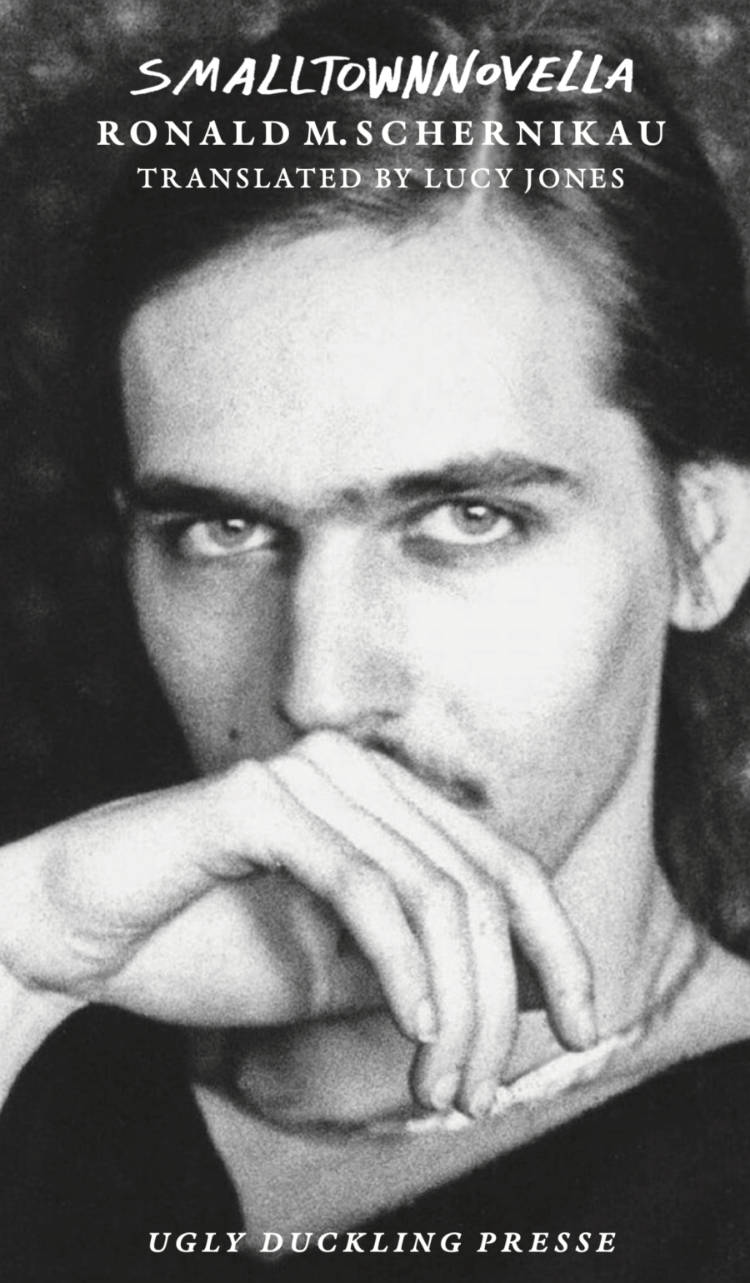
The Last Innocence / The Lost Adventures
Translated from the Spanish by Cecilia Rossi. THE LAST INNOCENCE and THE LOST ADVENTURES are Alejandra Pizarnik's second and third collections of poetry. Published in Buenos Aires shortly after The Most Foreign Country, her first book of poetry (which she would later disavow), these early poems blend the real and the imaginary, demonstrating the inner torment, deep solitude and acute vulnerability that would plague Pizarnik throughout her short life. This edition includes new English-language translations of both books along with an introduction by poet, translator, and Pizarnik scholar Ana Becciu.
Alejandra Pizarnik (1936-1972) was a leading voice in twentieth-century Latin American poetry. Born in the port city of Avellaneda, in the province of Buenos Aires, to Russian- Jewish immigrants, Pizarnik studied literature and painting at the University of Buenos Aires and spent most of her life in Argentina. From 1960-1964 she lived in Paris, where she was influenced by the work of the Surrealists (many of whom she translated into Spanish) and participated in a vibrant community of writers including Simone de Beauvoir and fellow expatriates Julio Cortázar and Octavio Paz. Known primarily for her poetry, Pizarnik also wrote works of criticism and journalism, experimental fiction, plays, and a literary diary. She was awarded a Guggenheim Fellowship in 1968 and a Fulbright Scholarship in 1971. Her complete works in Spanish have been published by Editorial Lumen. A book of her critical writings, A TRADITION OF RUPTURE (Ugly Duckling Presse, 2019), was translated into English by Cole Heinowitz. Five books of her poetry have been translated into English: THE LAST INNOCENCE / THE LOST ADVENTURES (Ugly Duckling Presse 2019), THE MOST FOREIGN COUNTRY (Ugly Duckling Presse, 2017), DIANA'S TREE (Ugly Duckling Presse, 2014), A Musical Hell and Extracting the Stone of Madness: Poems 1962-1972 (New Directions, 2016) and The Galloping Hour: French Poems (New Directions, 2018). She died in Buenos Aires, of an apparent drug overdose, at the age of 36.




.jpg)


